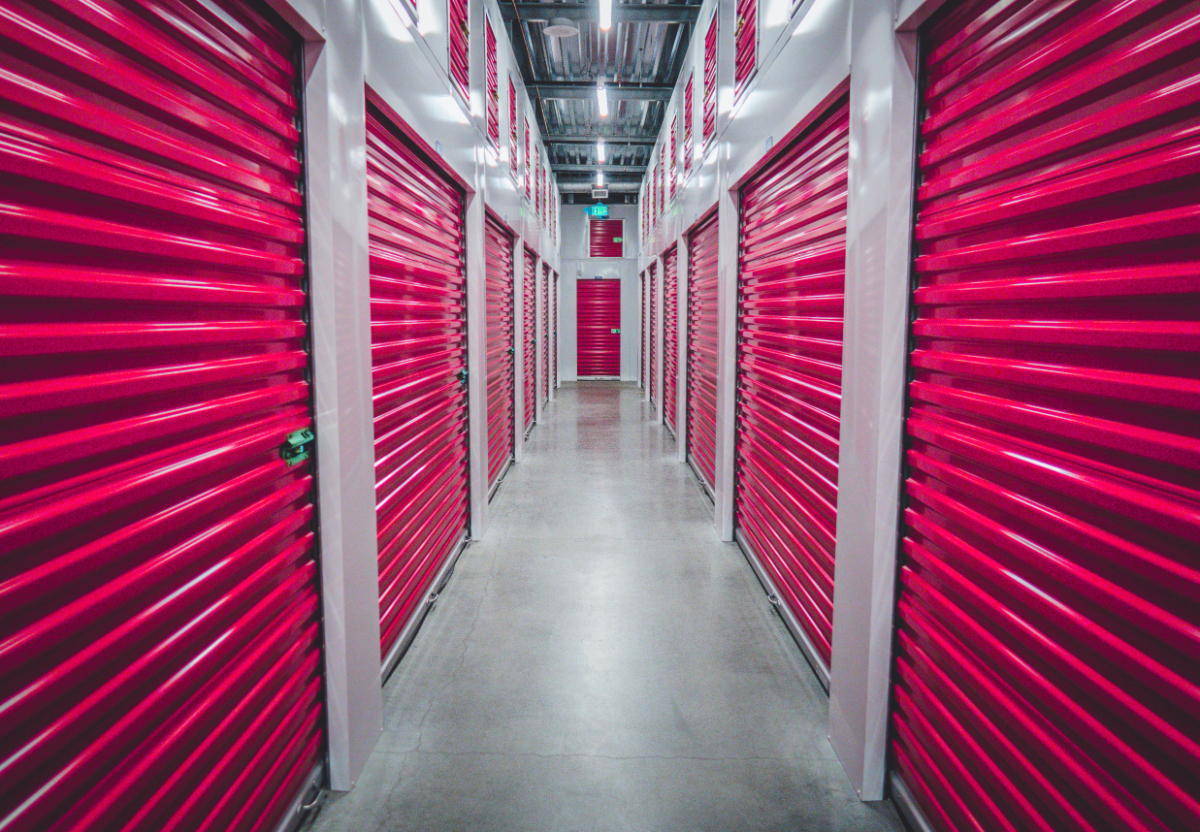Business growth and your premises
It's common for many businesses to outgrow their current premises as their operations expand, requiring more space or additional sites. This is usually due to increased business and new customers or clients, whether rapid growth or otherwise. Naturally, you'll need to increase staffing and equipment to handle the additional work you will undertake, potentially in entirely new markets.
Finding larger business premises
There are various ways you can scale up your small business as it grows, for example:
Naturally, your chosen option will depend on your business and the available funds. If you opt for the latter choice, you will need planning permission from your local authority before adding extensions to your property. Additionally, there are positives and negatives to each one, which we will take you through now.
Buying business premises
Buying a new set of offices or business premises is a significant commitment, but it will afford you greater security compared to renting. It is also the more expensive option, given you'll incur ongoing costs for maintenance, repairs, utility bills and more.
Renting business premises
Renting new offices or premises is a more flexible option than buying outright, meaning you have room for further expansion when needed. Of course, you won't own the property, meaning you'll need the owner's permission if you want to make any changes to accommodate your business. While you can save on your capital commitments, you may be liable for continued payments even if your business ceases operations.
Managing the move to new premises
When moving to a new location, it's always best to have a clear moving plan to ensure minimal disruption to your business operations, cash flow and existing customers. These plans can include instructions to all your staff about their duties regarding the move, alongside clearly labelling all of the equipment that is moving with you. Hiring a professional moving service is also a great idea since they'll be insured in case of damage or injury during the process.
What to Consider Before You Expand Your Business Premises
Deciding or needing to move to new, larger premises is a clear sign that your small business is growing. Most business advice suggests small businesses choose to purchase their new properties outright since owning the premises themselves not only provides security but is a good asset to have in terms of investments.
However, there's a lot to consider before making a significant move like this. Here we'll take you through some of the things to bear in mind while expanding your business premises.
Thinking about the bigger picture when accounting for your new growth is crucial. While your small business may be booming, buying a larger property for yourself may not be the best move if your industry is declining. Suppose you spot the early signs that your industry is waning, such as failing market leaders or competitors and their market share. In that case, you can create plans to mitigate this impact on your own business, including holding off on purchasing new premises until things level out again.
Once you've taken a broader look at the wider industry in which you operate, you can begin to assess the growth of your small business. While it's all well and good getting excited about spiking profits, be careful not to get too carried away, as falling sales can just as easily sneak up on you. What you are looking for as a growing company is consistently increasing profits year-on-year, not just a surprise spike in income. Once you see your bottom line creeping up consistently, you can think about expanding operations and buying a larger property.
As your business grows and you expand operations, you'll need to consider new staff growth. You can't expect your existing staff to handle larger operations and a growing customer base as you grow, and it's your responsibility need to account for this by hiring more staff. And don't expect things to work out naturally; you need to plan your staffing carefully to ensure sustainable growth.
Obtain Funding to Expand Your Business

Once you're sure that your business is ready to make the move, you need to think about financing your expansion. Finding the right premises is one thing, but funding it is another, and typically the one where more surprises are waiting for you. One of the main financial considerations to bear in mind is VAT funding for investments in commercial properties. This is essential for growing businesses and well worth looking into.
Alternatively, most business owners will look to take out a mortgage on their new premises, similarly to when you buy a residential property. In the same vein, you need to shop around and research to find the best mortgage deal available to you before making any decisions. Purchasing a property, whether residential or commercial, is a big move, and you should consider every possible part of the move to make it a success.
Why Do Expanding Businesses Use Self-Storage Units?
Most people think of self-storage units in terms of house moves or when someone is downsizing and needs a place to store their furniture, valuables, collections or clothing. While these are some of the most common uses of self-storage units, they're also incredibly helpful for growing businesses. Rather than buying or renting newer and larger premises, you can simply rent a self-storage unit to store all your excess paperwork or equipment. As you can imagine, this is by far the more cost-effective method of expansion.
What Can You Store?

There's an incredibly wide range of things that various businesses choose to store in self-storage units. Whether it's tradespeople having a place to keep their tools, those in hospitality using them to keep extra furniture handy, or commercial retailers for successful inventory management to free up warehousing space for more products, there's no end to the things you can keep in self-storage.
In terms of small businesses, alongside vital inventory for your operations, you can also use self-storage units to keep vital documents and equipment safe and free from damage away from your existing premises. The flexibility in renting a self-storage space is a significant advantage since you can use it temporarily or permanently, whichever suits your needs best.
Storing Important Documents
While most small businesses and companies will have online databases for most of their paperwork, such as cloud storage, there are certain documents you need to keep physical copies of. These include things like invoices, receipts and tax returns, some of which you are legally required to keep for set periods (usually seven years). As a growing business, you can imagine how nearly a decade's worth of paperwork can quickly pile up in limited space.
Therefore, you can see how self-storage is the perfect solution for most small businesses. Rather than moving to larger and more expensive premises just to keep all your paperwork stored, you can rent a much more cost-efficient self-storage unit instead. The vast majority of small businesses won't have the capital to afford an entirely new property, with self-storage offering the perfect solution for climate-controlled, secure document storage.
Additional Warehouse Space
If you run a small independent business selling online, self-storage is one of the better ways to store inventory from your product line. Rather than filling your home or premises with mountains of stock, a self-storage unit offers a wealth of climate-controlled space with adequate security to keep your things safe. This is especially beneficial for delicate items, such as vintage clothing or furniture, which can degrade with dramatic changes in temperature or climate. Self-storage is the best way to maintain product quality and reduce the risk of damage.
Office Storage
A self-storage unit might make for the perfect out-of-home office if your independent business provides services rather than goods. While working from home has its benefits, it can get crowded if you constantly have family around you while trying to grow your small business. Therefore, renting a self-storage unit is a cost-effective way to create a new professional working environment or a second location for yourself. Most people think of storage units as windowless bunkers, but there are plenty out there in other locations built specifically to be used as offices, with all the insulation, WiFi and lighting you need for a professional space to work in.
Store Tools
Sole traders and freelance building workers will find storing their tools difficult if they don't have their own work premises. Of course, you could throw all your tools and equipment into the back of a van and hope they don't get damaged as you drive from job to job for site work. Alternatively, you can rent a self-storage unit and keep them dry and safe for as long as you need.
Temporary Business Storage
Even if you aren't moving to new premises but simply renovating your existing one, you can use self-storage units to temporarily store your equipment and furniture while the work is carried out. You're guaranteed to find a storage facility with unit sizes to match your budget and needs. No matter how long you need it, you can keep all of your essentials safe and organised while you renovate your property.
If you are looking for a reliable storage solution for your caravan, contact Blackmore Park Ltd at 01684 573693 . You'll get the best pricing and a range of customisable solutions.

